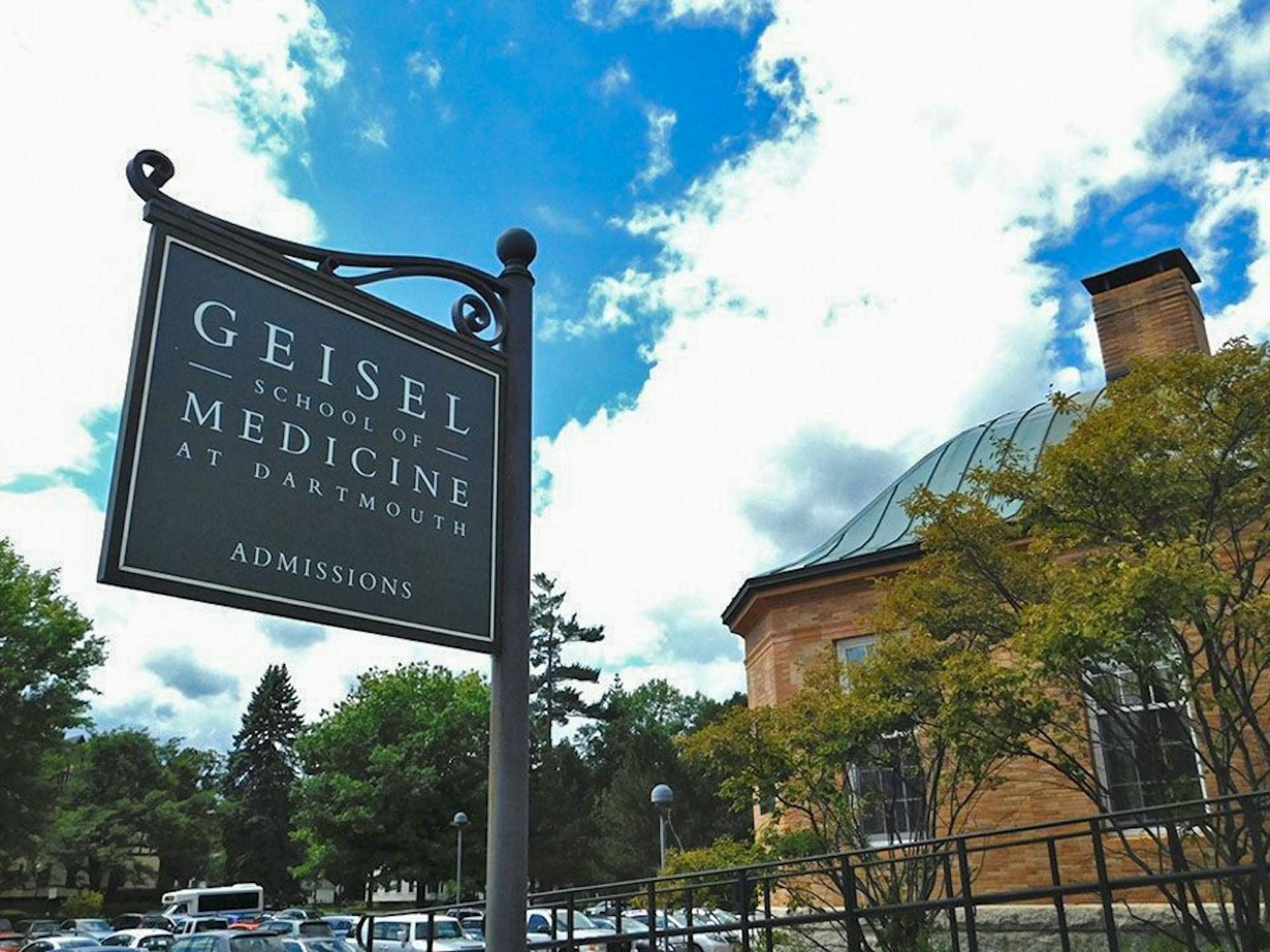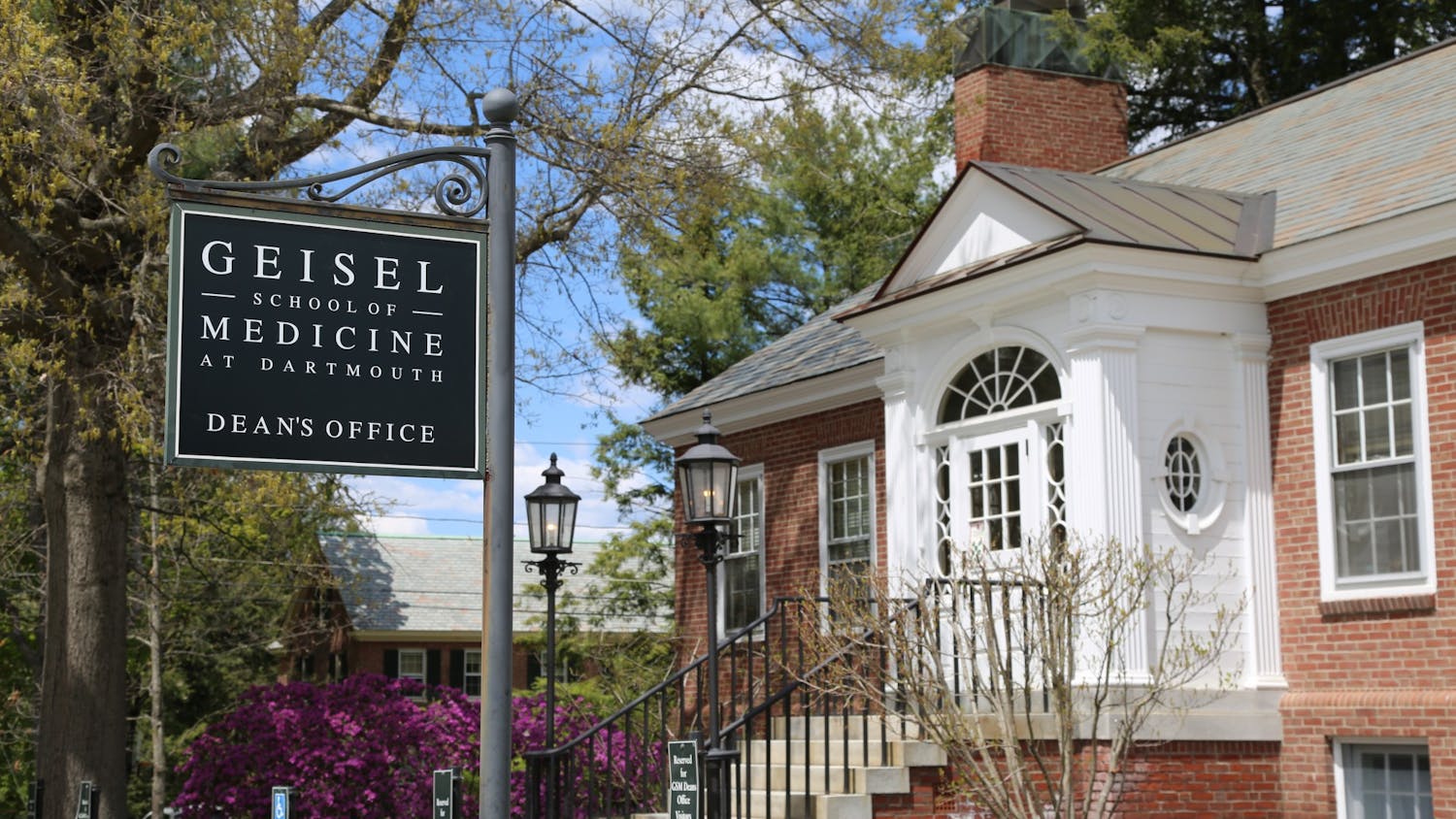The fallout of recent allegations of cheating at the Geisel School of Medicine is not likely to alter the school’s selective admissions or national ranking, though it may impact applicant perception and affect the ability of students who are involved in the cases to secure clinical residencies, according to multiple medical school admission consultants.
In March, Geisel levied accusations of cheating on online examinations against 17 medical students, spurring ongoing tensions between administrators and students and landing Geisel on the front page of the New York Times. The scandal has also raised questions about a potential impact on Geisel’s competitive admissions process, which according to the school’s admissions office sees less than 1.3% of approximately 7000 applicants admitted each year, and on perceptions of the school, which currently ranks 24th nationally for primary care training and 45th for research in the widely-cited U.S. News and World Report rankings.
Founder of Shemmassian Academic Consulting Shirag Shemmassian said that U.S. News — which “most students look at” — is clear about which criteria they consider.
“Cheating is not one of the variables they look at,” Shemmassian said, referring to the Geisel incident and whether it might affect the school’s ranking. “I’m not sure it will make a major difference [in the admissions process], but the perception of the school might change.”
The Geisel Office of Admissions and Office of Communications did not reply to multiple requests for comment.
Pre-med student Anahita Kodali ’23 said she has considered applying to Geisel in the future, adding that she has kept up with the news about the alleged cheating.
“As I start to think about which medical schools I might apply to in a few years, [the incident] is something I would take into account,” Kodali said.
Kodali said she cannot imagine how “disheartening” it must be for current medical students to deal with the accusations, which alleged that students referred to unauthorized pages on Canvas — the academic portal for Dartmouth students — while taking exams.
Kodali called the allegations against the Geisel students “baseless,” given that Canvas was not designed to serve as an anti-cheating tool. She also noted that she views the current situation as representative of a “massive disconnect” between administration and students, only exacerbated by the COVID-19 pandemic.
“It is becoming exceedingly clear that [Dartmouth] administration does not understand the needs and wants of students,” she said. “I can’t imagine how scary it is to have to deal with pressures of administration while going through some of the most difficult education [medical school],” she said.
Kodali added that she wonders what the aftereffects of the situation will be for those students implicated, several of whom have appealed Geisel’s disciplinary decision.
Rohan Jotwani, a medical school consultant at Solomon Admissions Consulting and resident physician in anesthesiology at New York Presbyterian Hospital, said that although many educational programs have been using Canvas, the “novelty” of Geisel’s digital monitoring for academic dishonesty through data made the incident a bigger story.
According to Jotwani, prospective students consider medical schools — which he described as a “complex and long-term marathon” — based on a number of different criteria, ranging from clinical experience to academic quality. The Geisel incident might “trigger” prospective applicants to consider whether there is a “meeting of the minds” between students and administrators at Geisel, Jotwani said, and if people at the institution can come together to engage meaningfully on topics like academic dishonesty.
After all, Jotwani said, the medical school community is moving away from exams as the “end-all, be-all.”
“You see the entire field moving away from looking at test scores as the end-all, be-all; many schools have turned their first two years of medical school into pass/fail,” he said. “Given that schools are moving in that direction, what does academic dishonesty really mean in the setting of a pass/fail curriculum?”
Both in medical school admissions, and later in applications for residencies across the country, academic dishonesty and candidate ethics are critical considerations, according to both Jotwani and Shemmassian.
Jotwani explained that for prospective medical students, a record of academic dishonesty can affect their physician career prospects during both the medical school admissions process and the application process for residency programs.
“We have frank and honest discussions with folks who have had red flags on their applications about how a medical school committee would evaluate it,” he said. “Certainly, medical schools are interested and consider those factors deeply when reviewing any candidate’s record.”
The process of figuring out who will be an “ethical physician” years down the line is already a main question which medical schools wrestle with, according to Jotwani. He added that for students with a history of academic dishonesty on their transcript, being able to “explain the narrative” to admissions representatives is key.
In the May 9 New York Times article about the Geisel incident, first-year medical student Sirey Zhang ’20 Med’24, who said he had not cheated but agreed to plead guilty in an effort to land a better outcome, worried about the impact that having a “misconduct mark” on his academic record could have on his career. He has since filed an appeal.
Jotwani said that residency program directors are highly interested in moral and ethical integrity but are also willing to listen to students’ narratives.
“When you have a situation as complex as this Dartmouth situation, it will warrant a further discussion where the program directors might want to hear the applicant’s story and know their side,” he said. “All of us in the profession are trying to figure out how much more complex the remote learning situation is than we once thought it was.”
Shemmassian said his office also assists people with residency admissions.
“Anytime you have something like this on your record, it is not going to be good,” he said.
A student involved in the case, granted anonymity for a fear of reprisal from Geisel, told The Dartmouth in May that a suspension from medical school is “a death sentence” for career prospects.
Shemmassian said medical schools and hospitals often err on the side of caution, avoiding “rolling the dice” if they have their pick of a wide pool of qualified candidates, especially in competitive specialties like dermatology.
In his own practice, Shemmassian said that no clients have mentioned the Geisel incident or re-considered applying to the school.
“[Medical school] spots are at a premium in our country,” he said. “In competitive academic environments, dishonesty happens: I don’t flinch too much.”
The Health Professions Program, Dartmouth's pre-health advising program, declined to comment.




